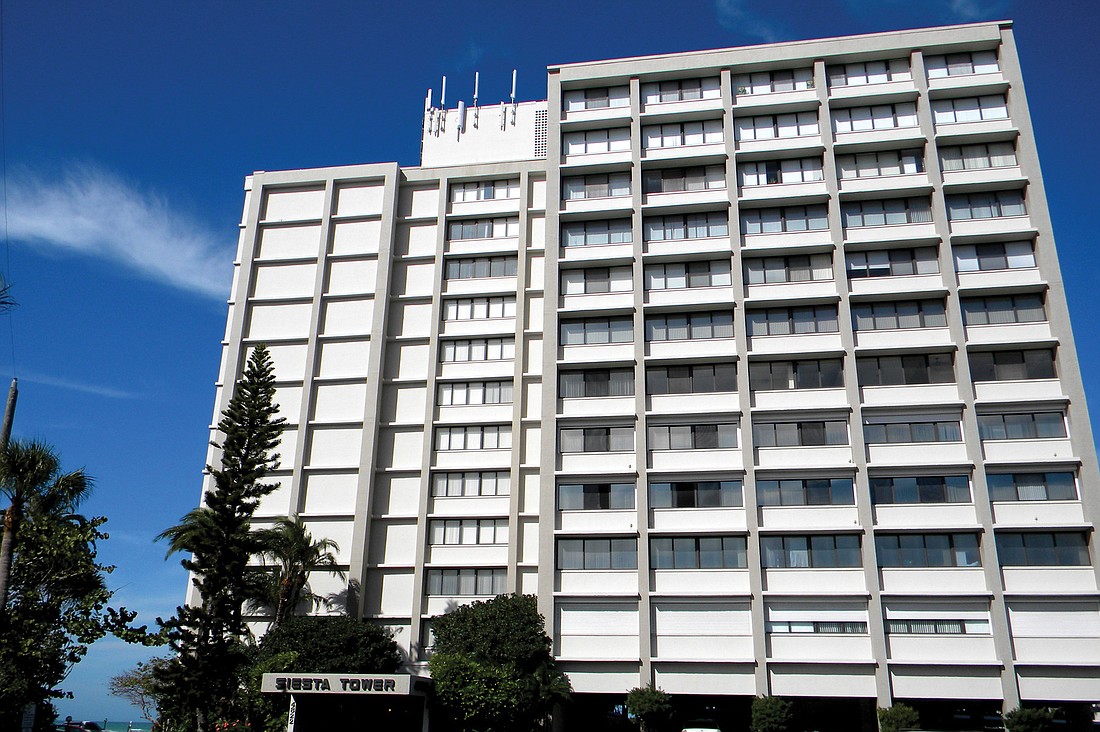- April 23, 2024
-
-
Loading

Loading

New Citizens Property Insurance guidelines for wind-damage policies involving condominium complexes will have to win state approval before they can go into effect, a spokeswoman in the Citizens office said last week.
Candace Bunker reported that the Citizens board of governors’ Feb. 23 vote on wind-damage policies would have to be filed with the Office of Insurance Regulation. As of late Feb. 29, Bunker said, Citizens had not taken that action.
Once the filing was completed, she added, the OIR could be expected to take 45 days to render its decision.
In the meantime, condominium residents on the Key are continuing to seek clarification of the guidelines, which they fear could cause their wind-damage polices to rise by as much as 500%.
Walt Olson, vice president of the Siesta Key Condominium Council, said Monday that the SKCC Board of Directors addressed the matter during its meeting March 6. Olson added that he was working with insurance agents from two different firms that handle Citizens policies to try to determine how much flexibility condo owners might have in keeping their rates the same.
As a means of helping shore up Citizens’ finances, the Feb. 23 board of governors approved a measure that would restrict wind-damage coverage to $1 million for any condominium building in which more than 25% of the units were used for short-term rentals.
According to material he has obtained, Olson said the board’s definition of a short-term rental means a condo that is rented to guests more than three times in a calendar year for periods of less than 30 days.
Regarding the Excelsior complex on Midnight Pass Road, where he lives, Olson said 72 of the 166 units, or 44%, are in the rental program, which allows them to be rented multiple times a year, with a two-week minimum.
If fewer than 41 of the units were classified as short-term rentals, he said, the Excelsior still could qualify as a residential facility under the Citizens option. That would enable it to maintain its wind-damage coverage of about $7 million per building, Olson said.
Because of the uncertainty of the situation, he said, “Some of us are sending in our (insurance) payments early,” hoping to maintain their current costs for at least another year.
Sarasota County Commissioner Nora Patterson, who lives on the Key, said that boards of directors in complexes on the barrier islands might be able to work with owners to stay within the short-term rental parameters set out by the Citizens board.
For example, she said, complexes could implement rules making it impossible to rent units for fewer than 30 days at a time or mandating that no unit could be rented more than twice a year for fewer than 30 days.
An analysis performed by the Citizens Actuarial & Underwriting Committee, which was provided to the Citizens board before the Feb. 23 vote, outlined the background on the wind-damage policy issue. It noted that Citizens’ rates for commercial, non-residential, wind-only policies, such as those affecting many condo owners on Siesta Key, were under-priced by 79%.
The analysis also pointed out that, prior to 2010, “There was inconsistent application of the underwriting guidelines regarding short-term rentals, whether a policy was replaced in the residential or non-residential program was not consistent.”
It added that agents had an incentive to place clients in the Commercial Residential-Wind Only category, because the clients could secure higher damage limits at less cost than they would find in the private-insurance sector.
Moreover, the analysis said, “The Florida Hurricane Catastrophe Fund only covers condos where the occupancy is defined as ‘predominantly residential.’”
It noted that the private sector generally requires condominiums to carry Commercial-Non-Residential policies if more than 25% of the units are short-term rentals, such as hotels, and the rates for those policies are higher.
The analysis concluded, “Citizens’ attempts to handle renewals like new business have been resisted by agents, because of higher prices and lower limits.”